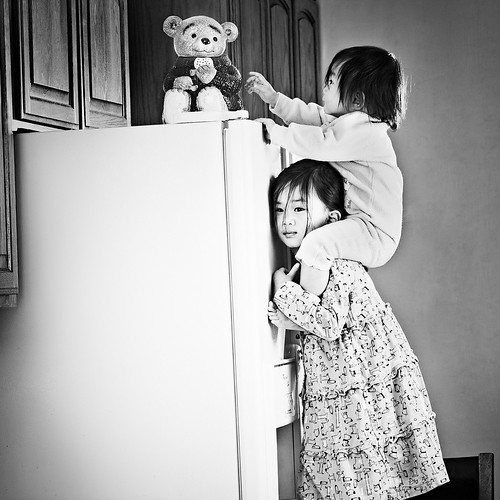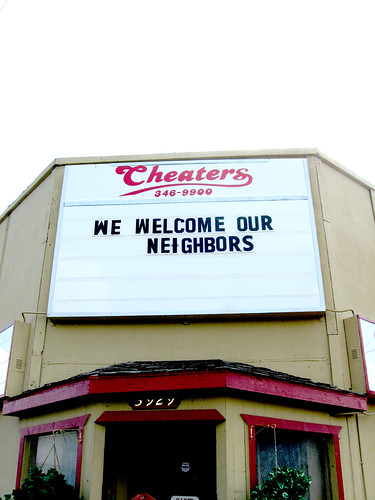The Key To Being Liked And Being More Influential
e key to being liked and being more influential is similarity. You like names better when they are similar to yours. You even prefer brands that merely share your initials. Birthdays are easier to remember when they are closer to yours. You even prefer people who move the way you do. Demonstrating that you have something in common with someone else makes them more likely to help you. Salesmen deliberately fake little similarities in order to influence you and connect…
2 minutes
5 ways to improve teamwork:
e most creative teams are a mix of old friends and new blood. Teams benefit from a mix of women and men. What makes teams smart is social skills, not IQ. Women generally have keener emotional intelligence and are a valuable asset to a group of males. 5-to-1 is the magic ratio. The most successful teams had 5 positive interactions for every negative one. This is also the same ratio that made for happy marriages. It's true that a team…
1 min read
5 ways to improve all those awful meetings at the office:
etings can be unbearable. We average 5.6 hours each week in meetings and 69 percent of us feel they aren't productive. (Studies show the only people who enjoy them are people who don't actually like getting work done.) Bored? Doodle. It actually increases your ability to pay attention. Want to accomplish just as much in significantly less time? Hold your meetings standing up. To be more influential sit in the middle and repeat your ideas. Tuesdays at 3PM is the…
1 min read
Watching TV Increases Empathy
s. Via an excellent piece by Jonathan Gottschall in the Boston Globe: As the psychologist Raymond Mar writes, “Researchers have repeatedly found that reader attitudes shift to become more congruent with the ideas expressed in a [fictional] narrative.” For example, studies reliably show that when we watch a TV show that treats gay families nonjudgmentally (say, “Modern Family”), our own views on homosexuality are likely to move in the same nonjudgmental direction. And it's not just TV. It's fiction, in…
2 minutes
This Body Language Means You’re About To Be Cheated
a Wray Herbert, author of On Second Thought: Outsmarting Your Mind's Hard-Wired Habits: Then they isolated the specific cluster of cues that were actually present when volunteers successfully detected others’ self-serving intentions. Again and again, it was a cluster of four cues: hand touching, face touching, crossing arms, and leaning away. None of these cues foretold deceit by itself, but together they transformed into a highly accurate signal. And the more often the participants used this particular cluster of gestures,…
1 min read
Can being bad be very very good?
ung women and women who enjoy sex more prefer bad boys over nice guys. The best leaders have a significant number of negative personality traits. Criminals who kill more people get shorter prison sentences. Jerks and sexist men make more money. Being ethical can hurt your income. Narcissists actually are more attractive. They aren't more creative but you'll think they are. It's actually their worst characteristics that you're most attracted to. And they'll do better in job interviews than you…
1 min read
5 ways that distance makes you more creative:
ychological distance can be a powerful tool for creative work. It can come in many forms: Exhaustion makes us more creative. Jazz musicians literally turn off part of their brain to disinhibit themselves and improvise. Pretending you're solving a problem for someone else can give enough distance to add insight. Time away from a challenge helps problem solving. Daydreaming results in better lies. Being drunk makes us more original. Join over 195,000 readers. Get a free weekly update via email here. Related…
1 min read
Does email turn you into a jerk?
mmunicating via email (vs. face-to-face) makes people less cooperative and makes them feel more justified in being noncooperative: Two empirical studies are presented that explore how and why e-mail communication (versus face-to-face communication) influences cooperation in mixed motive group contexts. Results indicate that, relative to those engaging in face-to-face interaction, those who interacted via e-mail were (1) less cooperative and (2) felt more justified in being noncooperative. Feelings of justification mediated the relationship between communication media and the decision to…
1 min read








